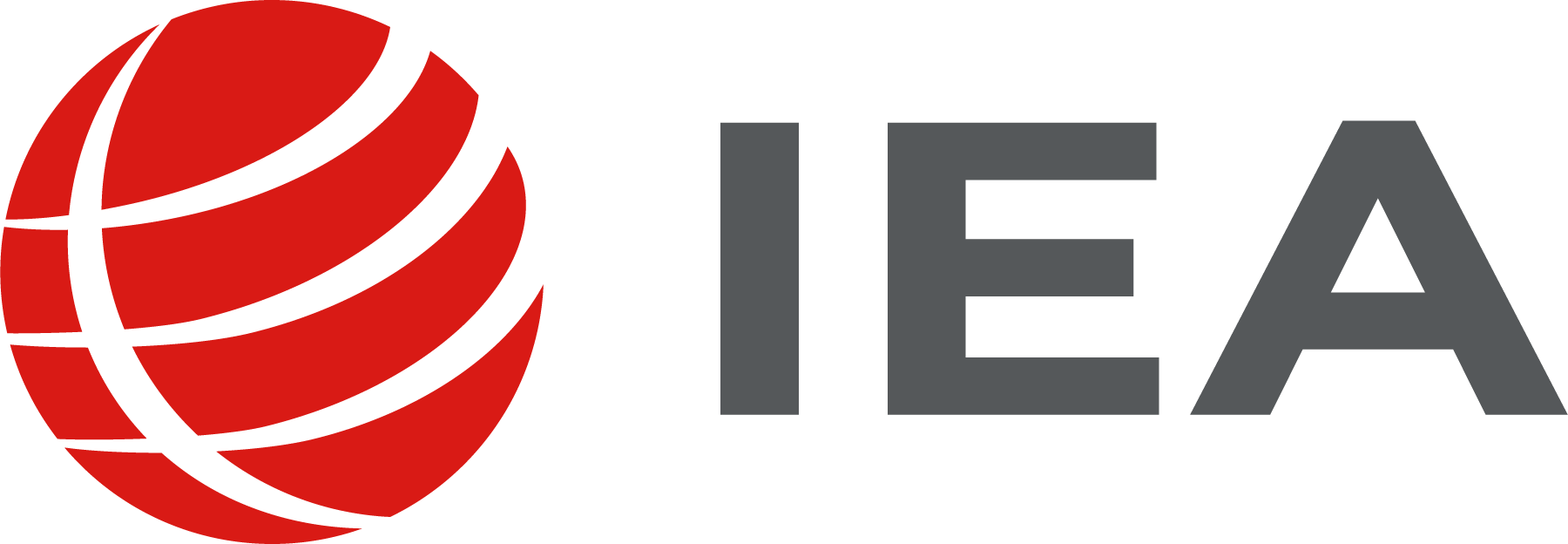PIRLS 2016 was the fourth cycle of the study. Like the previous PIRLS cycles (conducted in 2001, 2006, and 2011), the study collected extensive information about home supports for literacy, curriculum and curriculum implementation, instructional practices, and school resources in each participating country.
For the first time in the PIRLS assessment, the 2016 cycle introduced an ePIRLS option for participants to assess their students' abilities to acquire and use information when reading online. The ePIRLS online reading achievement scale enabled countries to examine their fourth-graders’ online reading performance relative to their performance on the PIRLS reading achievement scales.
The TIMSS & PIRLS International Study Center at the Lynch School of Education, Boston College, United States, served as the PIRLS 2016 international study center, working in close cooperation with the IEA, and the national centers of participating countries.
For more information, including in-depth reports and analyses, please visit the PIRLS 2016 website.
Update March 2020: Due to problems with the conversion applicable to 2011, IEA no longer considers the published 2011 to 2016 trend specific to South Africa reliable.
The PIRLS target population is the grade that represents four years of schooling, counting from the first year of ISCED Level 1, which corresponds to the fourth grade in most countries.
Total number of participating entities in PIRLS 2016: 57
Argentina (Buenos Aires); Australia; Austria; Azerbaijan; Bahrain; Belgium, Flemish; Belgium, French; Bulgaria; Canada; Canada (Ontario); Canada (Quebec); Chile; Chinese Taipei; Czech Republic; Denmark; England; Finland; France; Georgia; Germany; Hong Kong SAR; Hungary; Ireland; Iran; Israel; Italy; Kazakhstan; Kuwait; Latvia; Lithuania; Macao SAR; Malta; Morocco; Netherlands; New Zealand; Northern Ireland; Norway; Oman; Poland; Portugal; Qatar, Russian Federation; Russian Federation (Moscow City); Saudi Arabia, Kingdom of; Singapore; Slovak Republic; Slovenia; South Africa; Spain; Spain (Andalusia); Spain (Madrid); Sweden; Trinidad and Tobago; United Arab Emirates; United Arab Emirates (Abu Dhabi); United Arab Emirates (Dubai); and United States.
Benchmarking entities are listed in brackets.
Total number of participating entities in ePIRLS 2016: 16
Canada; Chinese Taipei; Denmark; Georgia; Ireland; Israel; Italy; Norway [Grade 5]; Portugal; Singapore; Slovenia; Sweden; United Arab Emirates; United Arab Emirates (Abu Dhabi); United Arab Emirates (Dubai); and United States.
Benchmarking entities are listed in brackets.
